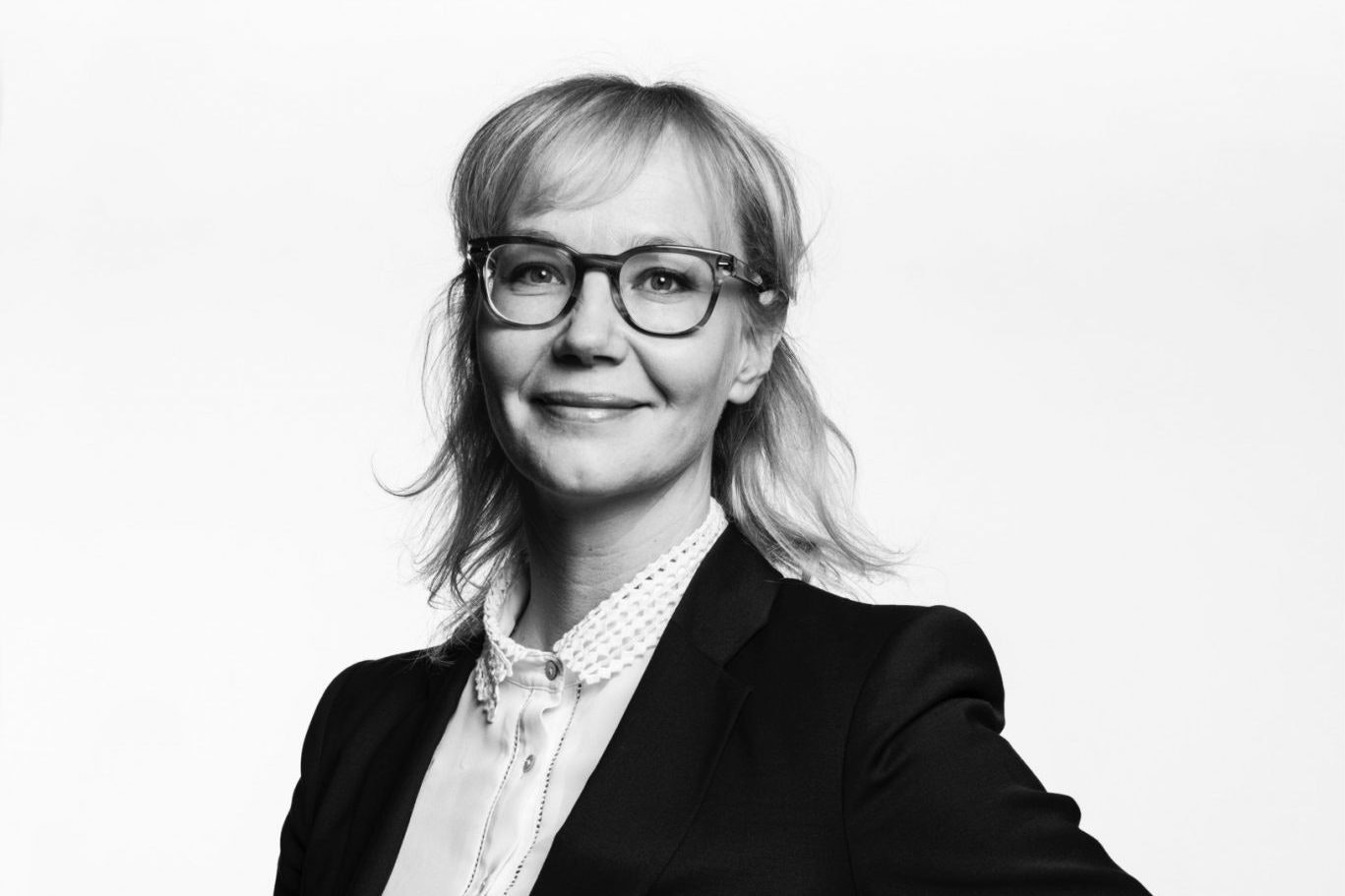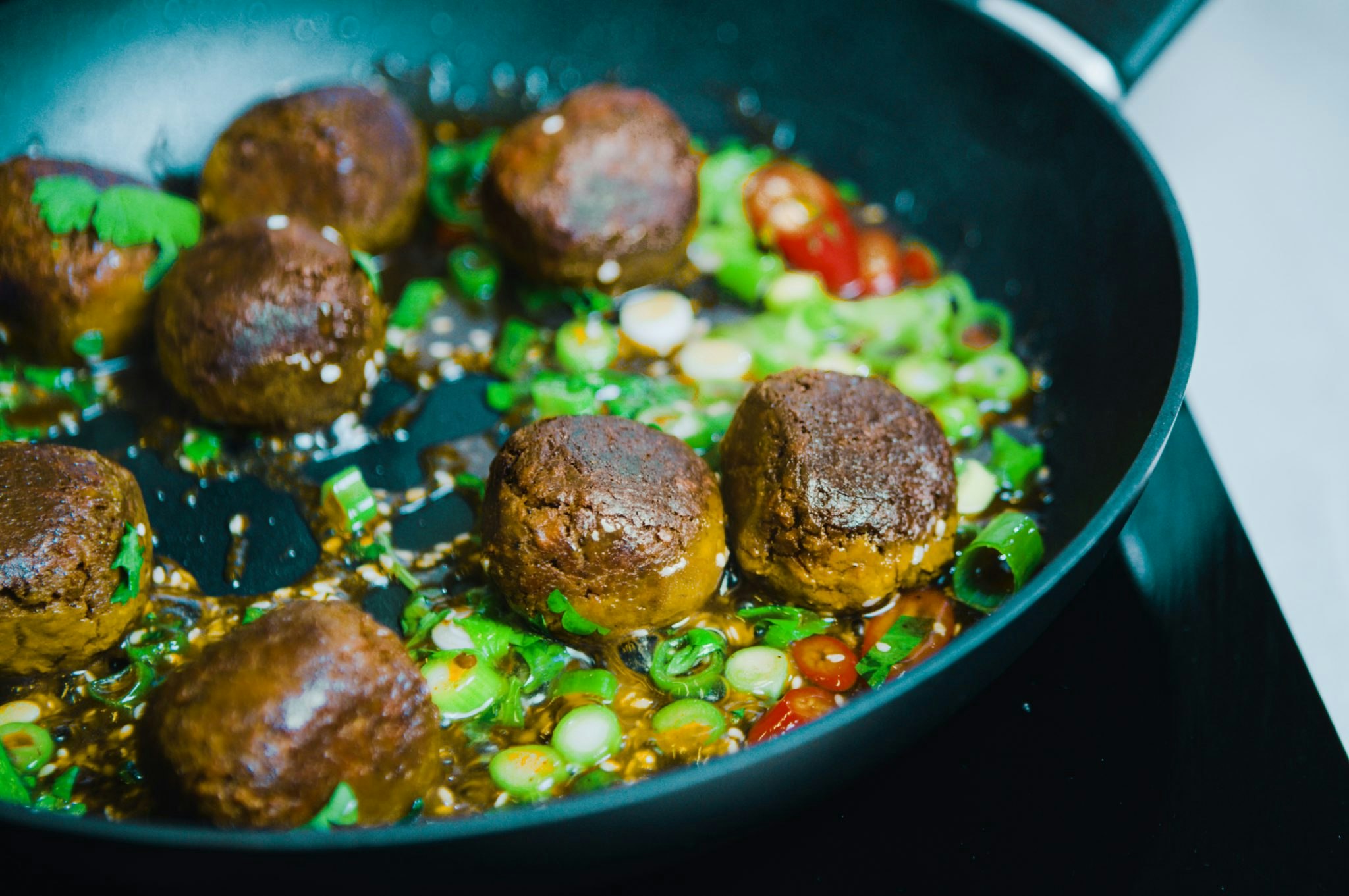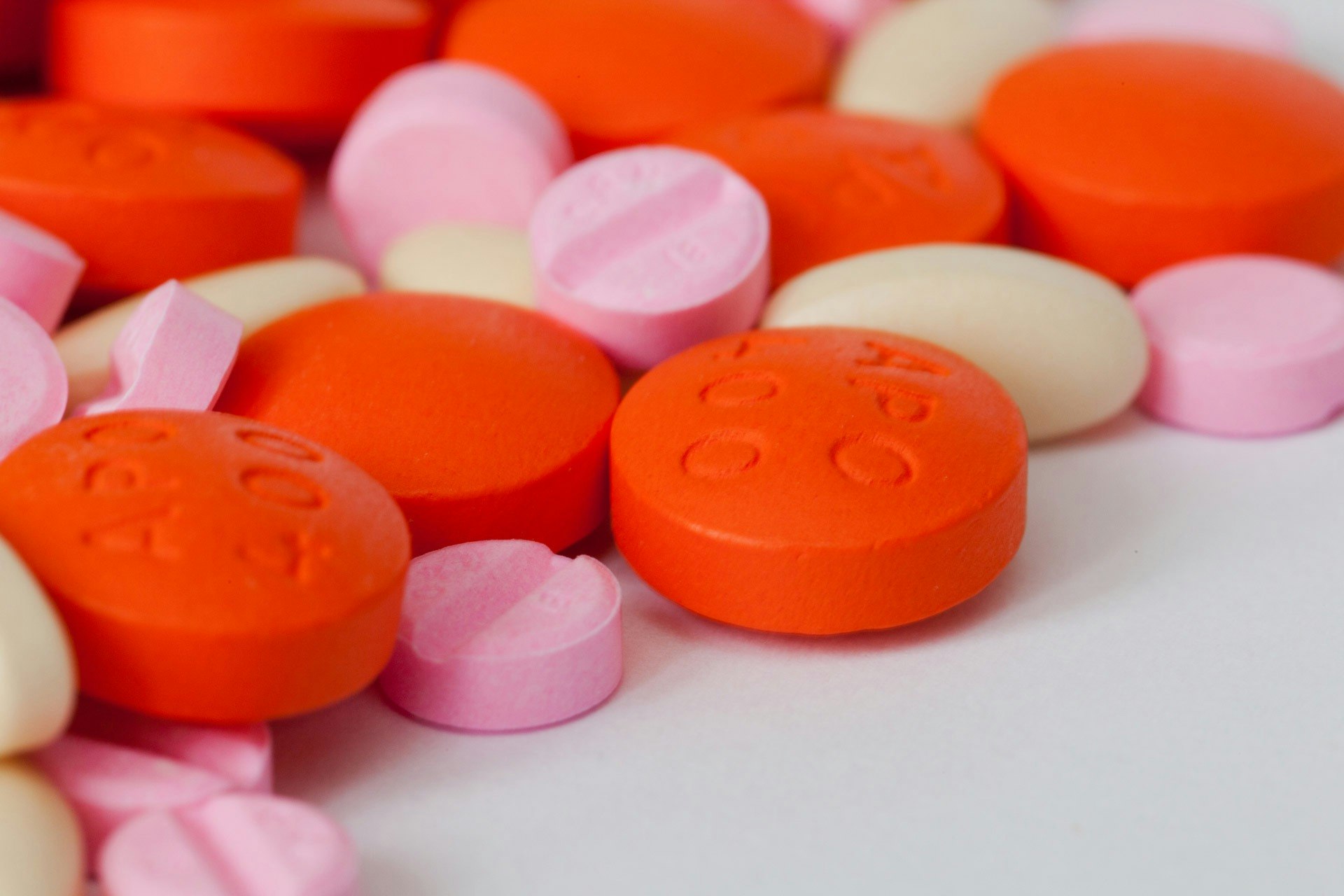One day everything, from plastics to paint and fuels, could be manufactured using enzymes extruded by an E.coli bacterium. Yes, this gut bacterium — known to most of us mainly as the cause of stomach upsets — could be the secret to making the manufacturing industry far more sustainable, using less energy and resources by mimicking the natural manufacturing processes of cells.
If in the 2010s, ‘software was eating the world’, we expect in the coming years that ‘living organisms will re-engineer our economy’.
At least that's the plan for Karim Engelmark Cassimjee, CEO of EnginZyme. The Stockholm-based company has just raised an €11m Series A extension round from Industrifonden, the Swedish government-backed VC, in order to get the technology out of the lab and into manufacturing companies.
“Nature can manufacture sophisticated things using enzymes, rather than the heavy-metal catalysts we use today in most industrial processes,” says Cassimjee.
Most manufacturing processes are eye-wateringly wasteful. Materials are heated and pressed and altered using catalysts based on polluting heavy metals, all creating waste. Producing just one kilogram of a drug, for example, can produce some 100kg of waste, Cassimjee says. “Enzymes use less energy and produce less waste,” he says.
There has already been a wave of synthetic biology companies, especially in the US. Zymergen, which makes a bio-produced film, raised $300m last September. Impossible Foods uses an engineered yeast to recreate meaty flavours without meat.
But most of these use enzymes that are still inside the microorganisms, using processes which are much like the ancient techniques of brewing and fermenting. They require messy wet vats and are hard to industrialise.
The clever bit of what EnginZyme does is extracting the enzymes it wants from the E.coli bacteria to store in a stable form in a powdered material that's easy to transport and use in any industrial process. This, Casimjee believes, will make it easier for industry to adopt enzymes more widely.
EnginZyme is already working with a number of pharmaceuticals, cosmetics and flavourings companies who are keen to bring down their carbon footprint by using new processes.
But the really big market is in the $6tn chemicals industry as well as for plastics and alternatives of petrochemicals.
This is a platform technology that has the potential to change multiple parts of the chemicals industry.
“This is a platform technology that has the potential to change multiple parts of the chemicals industry,” said Patrik Sobocki, investment manager at Industrifonden. “We wanted to really speed that up. We can see industries looking at reducing their CO2 emissions by 50% and this technology can be part of that.”
According to research by McKinsey, synthetic biology like this could be used to manufacture up to 60% of all goods produced.
Industrifonden’s recently published research into synthetic biology concludes: “If in the 2010s, ‘software was eating the world’, we expect in the coming years that ‘living organisms will re-engineer our economy’.”
To enter these markets, however, EnginZyme has to prove that it can produce high volumes at a low enough cost to be used in a mass market. The startup will use its Series A funding to start manufacturing its own products in order to prove that the idea can be commercially viable. French deeptech VC Sofinnova is also an investor in the Series A.



